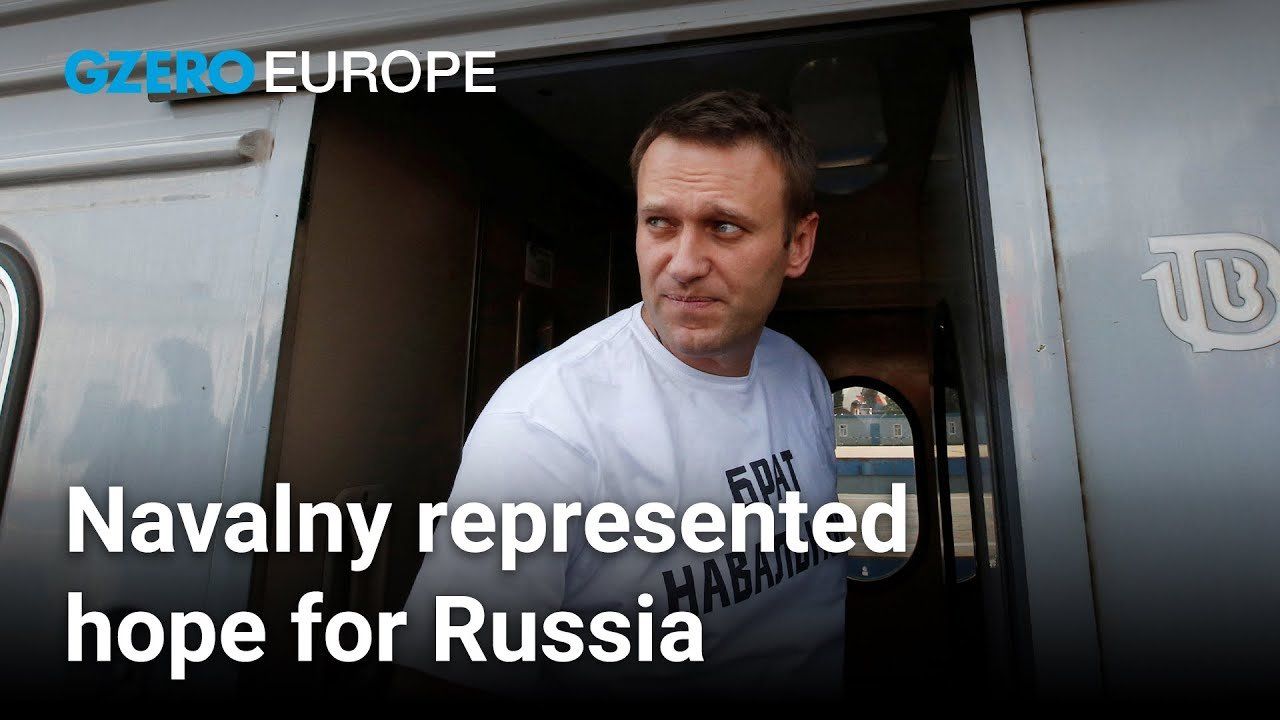GZERO Europe
Alexei Navalny's death: A deep tragedy for Russia

Alexei Navalny's death: A deep tragedy for Russia | Europe In :60

Carl Bildt, former prime minister of Sweden, shares his perspective on European politics from the Munich Security Conference:
The big news of the day is, of course, the death of Alexei Navalny. It's a deep tragedy primarily of course for his family. But I would argue even deeper for Russia because Alexei Navalny, he did represent the hope of very many Russians that there was something beyond this repressive, backward looking, imperial, nostalgic, aggressive regime that is now dragging Russia down.
I met him a number of times over the years. I was impressed by his bravery, how thoughtful he was, how determined he was in spite of the difficulties and the resistance that he was well aware of to pursue his vision. And he was firmly convinced that at some point in time, there will be another Russia, rule of the law, parliamentary, non-imperialistic.
And that the wave of young people that he inspired, was inspired till this day that they were going to carry that Russia forward. Now, things are different. We know that the regime tried to murder him before, ultimate responsibility for his death ultimately, irrespective of the facts, which we will never know, rests with the regime. But on this tragic day, let's remember the hope that he represented and remember his conviction that sooner or later, for Russia, that hope can be turned into reality.
The Hungarian election is off to the races, and nationalist Prime Minister Viktor Orbán is facing his most serious challenger in 16 years.
Iran temporarily and partially shut down the Strait of Hormuz – the maritime entryway that handles over 20% of the world’s oil and gas shipping – ahead of a second round of nuclear talks with the US.
US Rep. Alexandria Ocasio-Cortez (D-NY) speaks during the Munich Security Conference (MSC) in Munich, Germany, on February 13, 2026.
Secretary of State Marco Rubio and Democratic Rep. Alexandria Ocasio-Cortez, both potential 2028 presidential candidates, offered very different foreign policy visions at the Munich Security Conference.
Michael Froman explains how the world is adjusting to Trump’s more transactional and unilateral approach to global power.